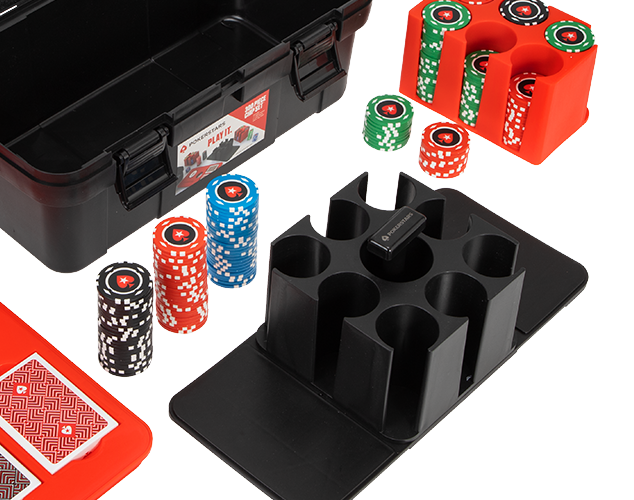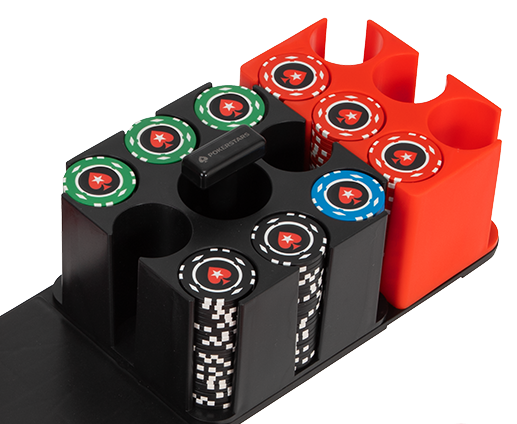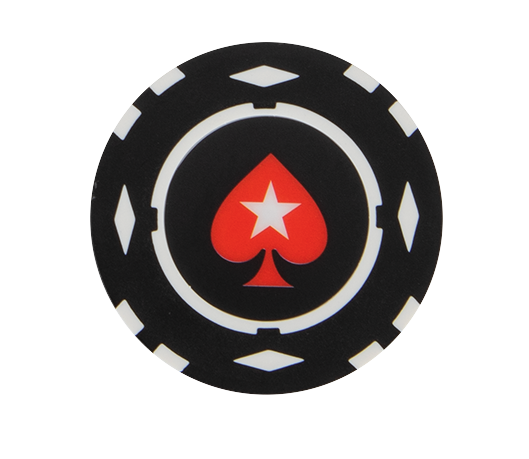If you are a good poker player, or even if you simply want to be good at the game, you’ll know how important it is to take in information from all around you and apply it to your future moves.
After all, poker is a game of incomplete information. It’s up to you to pick up on any clues you can find to ensure you know more than your opponents. Or at the very least, have a better idea of what’s most likely to be true of the situation in which you find yourself.
Why should we restrict these learnings to poker, though? There are lessons you can learn from the game which you can practice and apply at the table, but there’s no need to stop there.
1. Negotiating
If you’ve ever been in a pay review with your boss and just frozen up, you might need to play more poker. No, not at work while you’re meant to be preparing a report. But playing the game away from the office can help you bring a poker mindset to places where that can benefit you.
You’ve probably been in a situation where you have the nuts and are trying to determine how big a river value bet your opponent will pay off. Maybe you’ll try talking to them to get a feel for where their head is. That’ll help you work out how much extra they’d be willing to part with.


Are you using your poker skills to get the best out of negotiations?
There’s no reason you can’t use the same skill-set in the meeting room to guarantee yourself some extra cash each month. All while making your boss feel as though they’ve got a pretty sweet deal out of it all.
During her talk at the World Economic Forum in Davos, Switzerland, PokerStars ambassador Maria Konnikova pointed out another way in which poker can help in these negotiations: applying the logic of position at the poker table to give yourself last-mover advantage.
“Outside of poker you need to think… who are the people who have positional advantage on you, who are going to be making their decision second?” Konnikova says.
“There’s always a second-mover advantage in any negotiation… when someone says “how much would you like to make?”, it would be very silly of you to say ‘Well, this is what my salary expectations are’. Instead you should try to deflect it, get them to throw out the first number, because you don’t want to anchor them too low. There’s a huge benefit to be gained by position.”
2. Look back to look ahead
If you can teach yourself to think logically after a bad beat, you’ll be able to recognise there’s nothing you can do to turn back the clock. You’ll also understand that going on tilt will likely harm your chances in the long run.
Konnikova values the concept of knowing oneself. This can prove beneficial in poker – like looking through your hand histories and acknowledging when you have made a mistake, rather than looking for easy excuses.
Turn your poker brain to other areas of your life. You may be able to stop yourself from doing something that only worsens the situation. Further down the line, you’ll be able to thank your poker brain for setting your past self straight.
3. Understanding Risk
Konnikova also speaks of how “It seems that trust is natural, that it’s actually our default state, and it seems that it’s distrust that is learned.”
Expanding on this in a poker context, she explains how making a big fold is the sign of a great poker player. Perhaps more than a big call. And that’s due to the thought process which goes into determining when our opponents are being honest with us.


Poker can help you understand risk
Applied to the real world, taking a leap of faith in trusting those around us can be greatly beneficial. But it’s something we need to qualify through the information we have at our disposal.
The best way to apply poker thinking to real life can come from the speed with which we make mental calculations. For example, situations in which we’ve been conditioned to believe that someone might be exploiting us.
Poker thinking, therefore, help us quickly figure out when a salesperson is bending the truth and when they’re being honest with us.
As Konnikova says, “People who have higher levels of generalised trust tend to do better academically, they’re happier, they’re healthier, they take more risks, they start more businesses, they seem to be smarter.” These risks, however, often need to be calculated ones, using the information at our disposal.
4. Learning discipline
When you’re playing poker, you know better than to play hands out of boredom. And you know when your stack size can make it sub-optimal to raise certain cards from certain positions.
If you can teach yourself the discipline and focus required to avoid these long-term losing plays, your results over a longer period will start to show an improvement.


Practicing discipline can give you an advantage
Similarly, in day-to-day life, you might be watching your macros and eating well to reach an end goal, be that weight loss, muscle gain or just general fitness.
As tempting as it can be to eat something you ‘shouldn’t’, any short-term positive doesn’t come close to the benefit you’ll get once you hit your goal and have weeks of discipline to point to.
By teaching your brain patience and concentration, you can feel more comfortable forfeiting that short-term hit and ensuring you have what you need in the longer run.
5. Knowing which arguments you can afford to lose
In any relationships – be they romantic, platonic, or even between a worker and a boss – there will be a temptation to come out on top in every argument. Sometimes it’s as simple as not wanting to give up any ground when you know you’re right. However, poker can help you appreciate there’s more to it than that.
You can be sure you’re getting your money in good, but decide against it due to ICM considerations. Or turn down what you see as a 55-45 spot against a weak opponent because you’re confident you’ll be able to find a better spot further down the line.
This is the equivalent of recognising there’s a time to give people small wins that won’t disadvantage you too much, to earn yourself some leeway when you really need it.
Konnikova cites another poker player, the late Amarillo Slim, who said “You can shear a sheep a lot of times, but you can only skin him once.” Some big decisions, in life and in poker, will only come so many times, so you need to identify the spots where you need to be right and those where the best strategy is to make small sacrifices to keep your ultimate goal alive.
Back to Top










